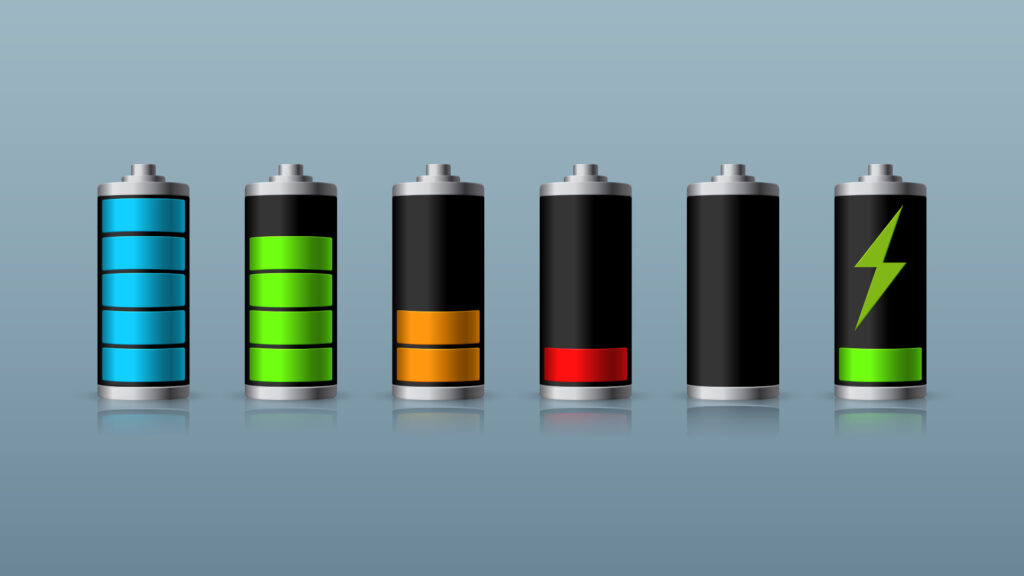
Scientists at the SLAC-Stanford Battery Center have made a significant breakthrough in extending the lifespan of rechargeable batteries. Detailed in their research paper published in the French journal Joule, the team explored the effects of high-formation charge currents on newly produced lithium-ion batteries. This approach led to an impressive 50% average increase in battery cycle life, with some cases seeing an extension of up to 70%. Remarkably, this enhanced performance only required a 20-minute charging process, compared to the usual 10 hours.
The researchers attribute this improvement to changes in the battery electrodes. Although the method results in a substantial loss of lithium within the battery, it also forms a protective layer around the negative electrode. This protective layer boosts the battery’s performance and durability. The principle behind this technique is similar to that used in fast charging for modern smartphones, where higher voltage speeds up the movement of lithium ions, albeit with less significant lithium loss.
This discovery could have far-reaching implications for industries relying on high-performance batteries, such as electric vehicles and consumer electronics. Continued research might unlock further enhancements, potentially leading to new fast-charging technologies or improved battery designs.



